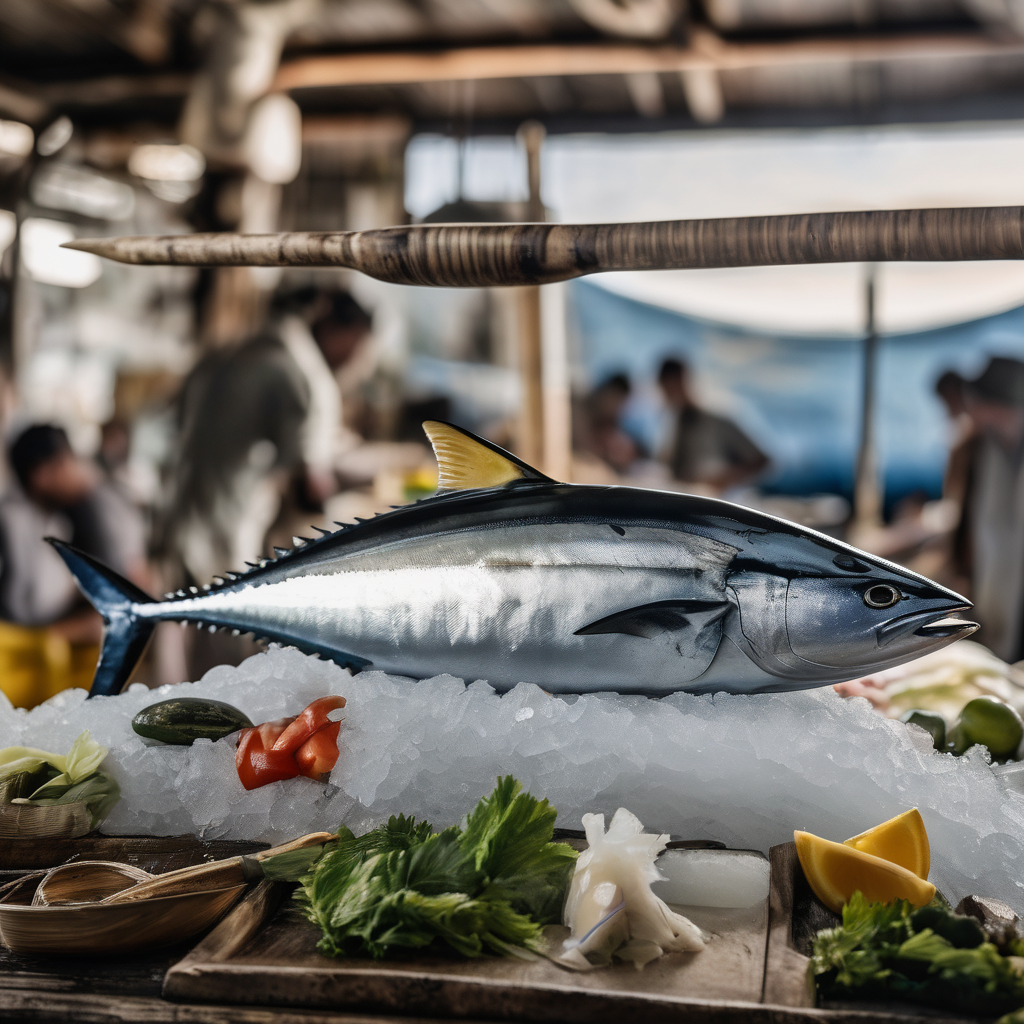The Pacific Islands Forum Fisheries Agency (FFA) recently wrapped up its 21st Management Options Consultation (MOC21) and the Special 140th Forum Fisheries Committee (FFC) Officials Meeting in Honiara, Solomon Islands. These discussions confirmed a coordinated regional strategy ahead of the upcoming 22nd Regular Session of the Western and Central Pacific Fisheries Commission (WCPFC) in December.
During the two-week consultation, which concluded on October 31, 2025, FFA members endorsed a unified package of draft proposals aimed at strengthening fisheries management. A major point of focus was the management of South Pacific Albacore (SPA), where the committee approved complementary draft measures that encompass a South Pacific Albacore Management Procedure (SPA MP) and related conservation and management measures. This collaborative effort has spanned two years, emphasizing a science-based approach to determining sustainable catch limits for this vital species.
The proposed measures will apply to all longline and troll fishing south of 10° South latitude, stressing the equitable distribution of fishing opportunities between national jurisdictions and high seas. This builds on the SPA allocation agreement established by Fisheries Ministers in July, which introduced a fair, zone-based strategy after extensive negotiations over two decades.
In reasserting commitment to the needs of Small Island Developing States (SIDS), FFA members have called for an independent review of Article 30 of the WCPF Convention. This review aims to assess how well the Commission supports the distinct requirements of SIDS and whether new management measures might impose undue burdens on developing nations.
FFA discussions also spotlighted the necessity of addressing climate change impacts on tuna distribution. Members underscored the importance of accounting for climate-driven changes in fish abundance when setting future catch limits. This highlights the critical stewardship role played by Pacific countries in the sustainable management of tuna stocks.
Moreover, acknowledging the limited progress on high-seas transshipment reforms, FFA members agreed to enhance enforcement of existing regulations, including clearer eligibility criteria for vessels. This entails improved transparency through published vessel lists and increased monitoring of transshipment activities.
Recognizing the threat to seabirds, FFA members are proposing extended measures for longline vessels to use at least two seabird mitigation strategies, aiming to protect endangered species like the Antipodean albatross.
FFA Director-General Noan David Pakop, in his remarks at the FFC140, described 2025 as “the year of the albacore,” praising the significant achievements made through regional cooperation. He underscored the importance of unity and commitment in managing fisheries sustainably, stating that the collective efforts ensure that the Pacific remains a leader in global responsible tuna management.
The unified positions established during FFC140 will shape Pacific involvement at WCPFC22, scheduled to take place in Manila, Philippines, in December 2025. The region is poised to advance proposals covering SPA management, SIDS considerations, transshipment reforms, and seabird conservation, reflecting a hopeful agenda for sustainable fisheries in the Pacific.
